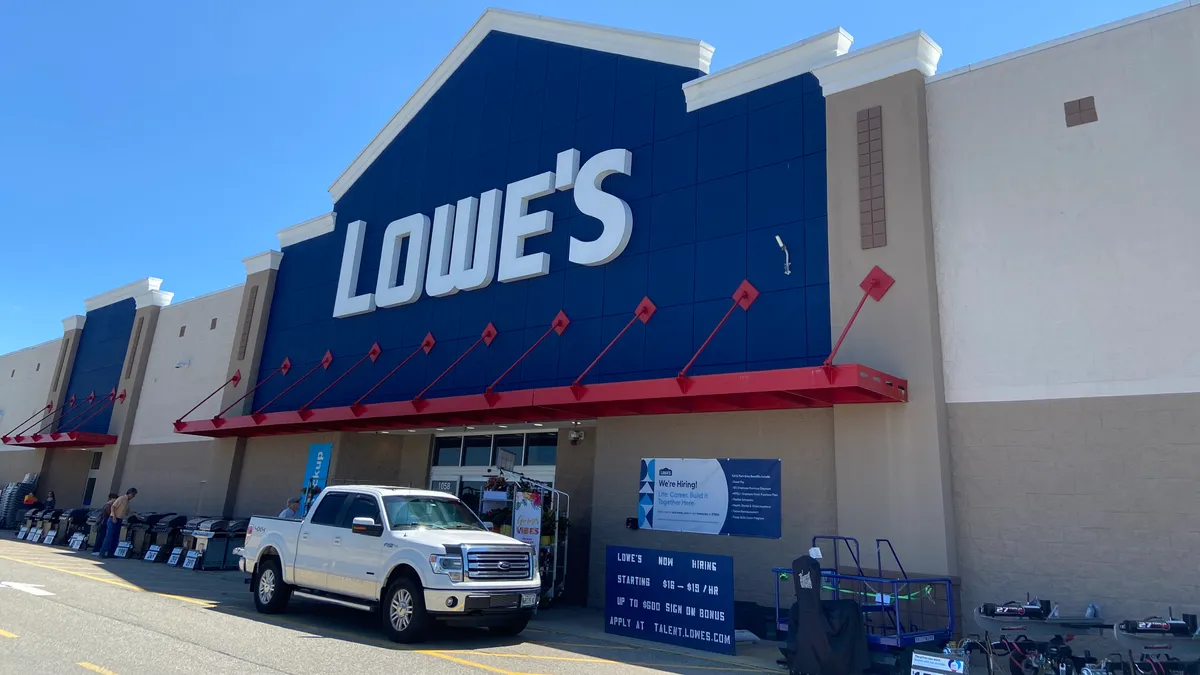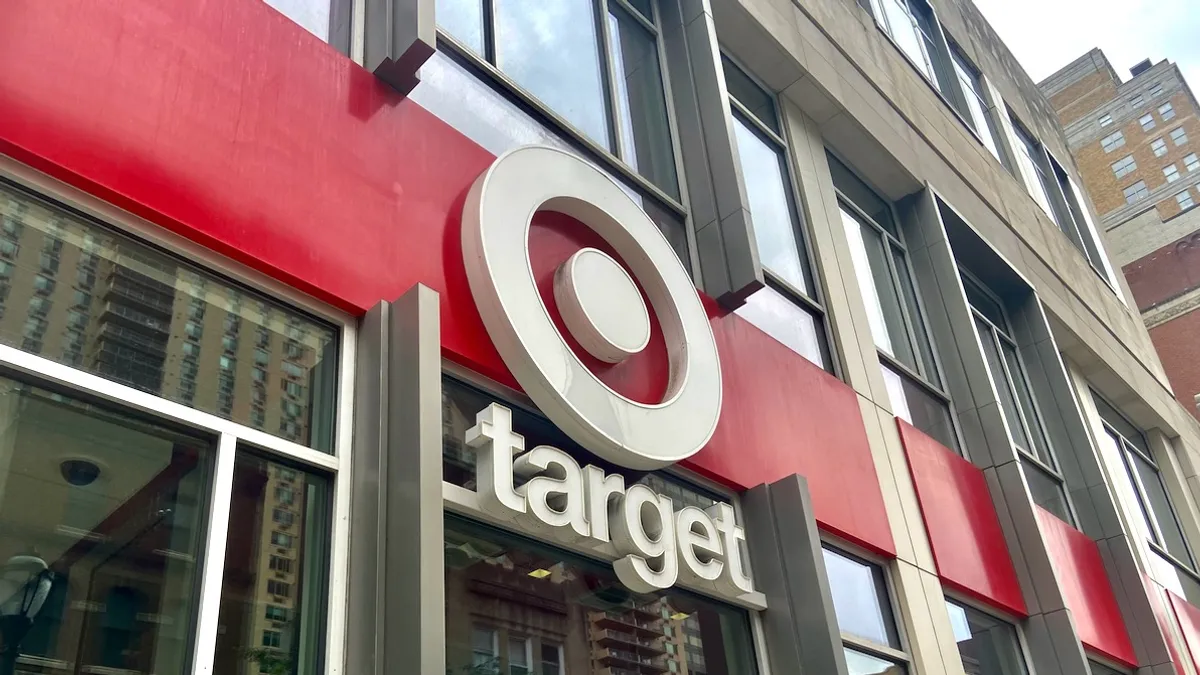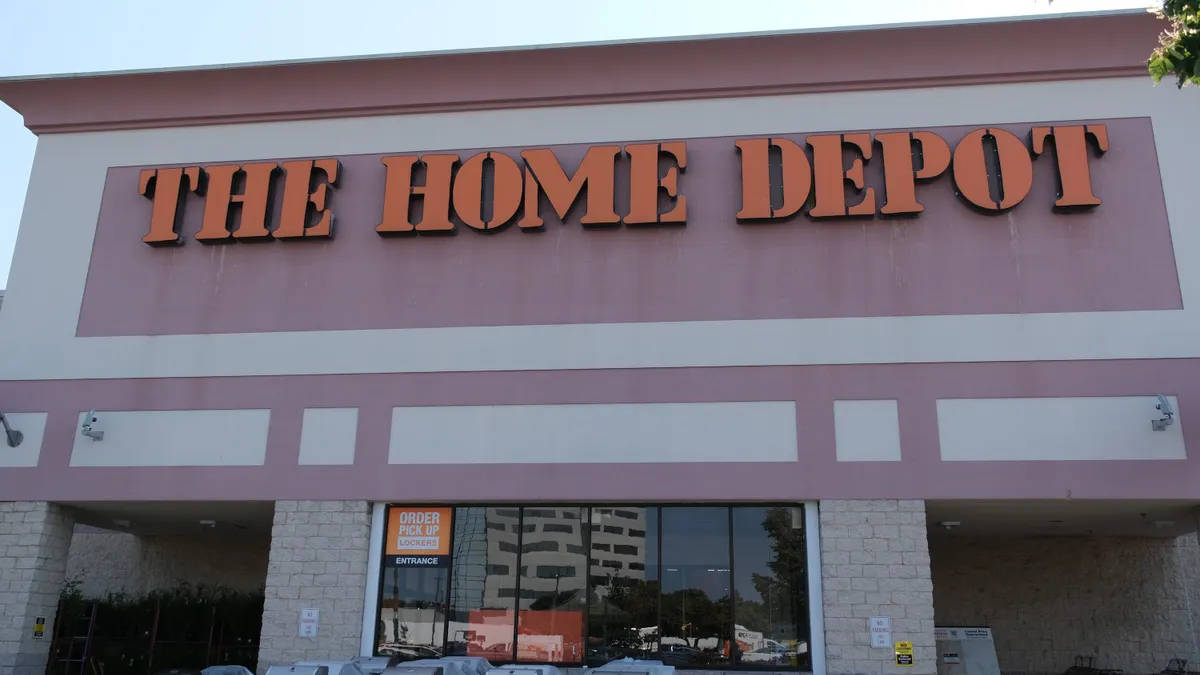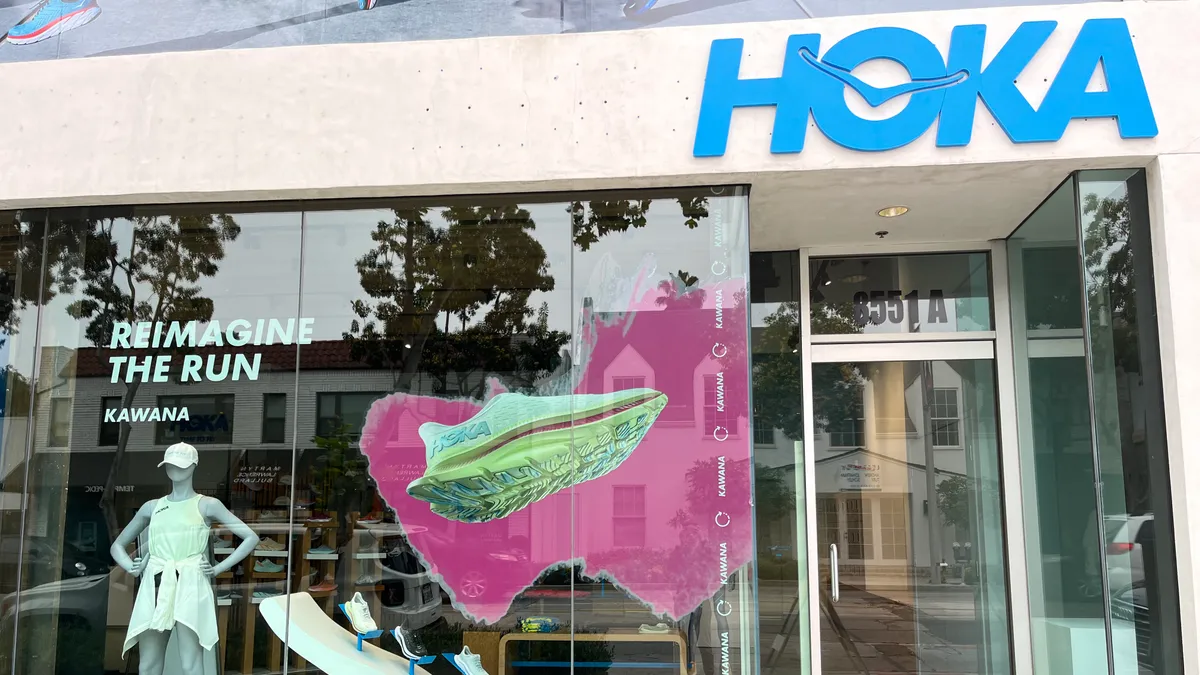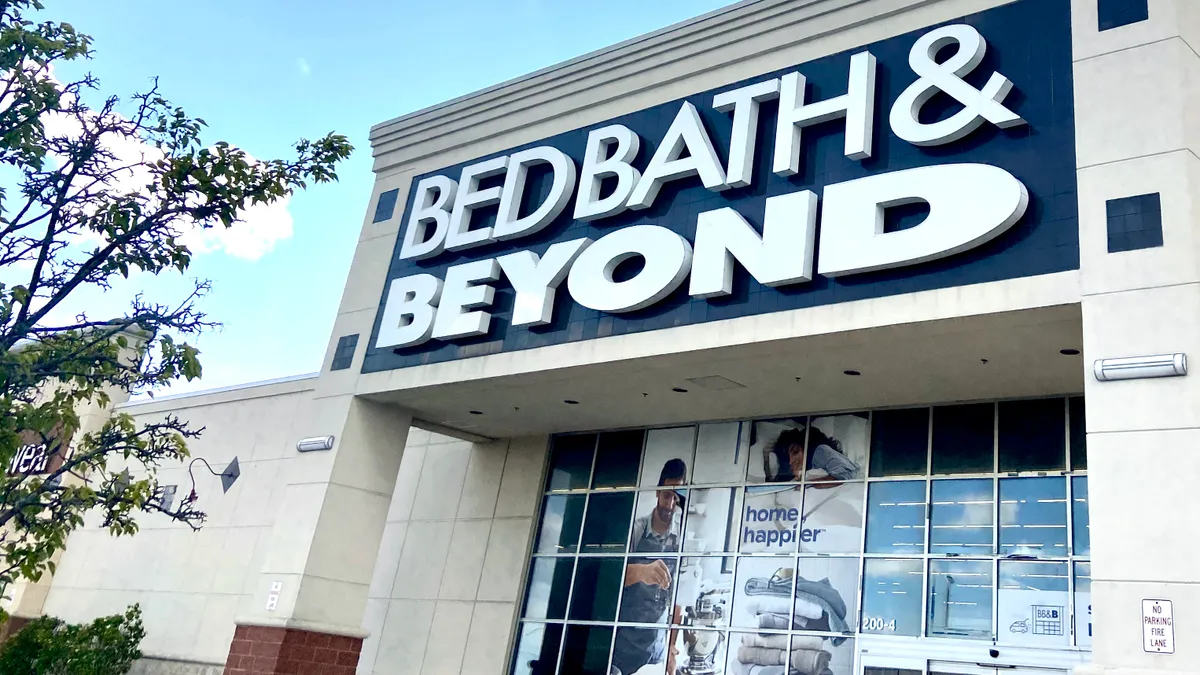In a free-wheeling conversation this week with Columbia University business professor Mark Cohen, an expert in retail, he told Retail Dive that many staid department stores and other retailers don’t seem to know what to do about the future.
“The antidote,” he told Retail Dive, “is and always has been creativity.”
And among the retailers finding success, now and in the future, he says, are “increasingly young, innovative organizations, with a mix of e-commerce and physical stores.”
It sounds like youth is exactly the idea behind last week's advancement of Alibaba’s Daniel Zhang, born in 1972, to CEO. Although many believe that founder Jack Ma will hardly give up his formidable power or vision there, naming Zhang as the company’s top executive is widely seen as the company’s push to remain innovative.
"This marks a future where the post-(19)70 generation will command the troops at Alibaba Group!" Ma wrote in a letter to employees, according to the Wall Street Journal.
Here, Retail Dive takes a look at what a few of the youngsters are up to.
Brick-and-mortar isn’t just an old retail game
Let’s get this out of the way. The rumors of the death of the brick-and-mortar store have been greatly exaggerated. No amount of buzz about mobile or showrooming or any of the other challenges to physical stores can change that.
The difference for younger retail entrepreneurs, however, is that they are treating brick-and-mortar as an innovation. And that has made their ventures into the physical store not just successful in terms of sales or branding, but also highly useful to their companies.
Hayley Barna, 29, and Katia Beauchamp, 30, co-founders and co-CEOs of Birchbox, say they actually treat their physical store in Manhattan as a retail “lab.”
In store, Birchbox employs cameras and heat sensors to track customers as they shop and try samples. The data helps the company discover which products receive the most attention and which are actually purchased.
At Warby Parker, the team found that its first brick-and-mortar store in Boston drove sales online as well. The retailer has since expanded its number of stores across the country to eight. That, after already seemingly hitting its stride in e-commerce with its fresh-take on stylish, affordable eyewear.
“We quickly realized that while we were seeing all the benefits we expected from branding and marketing—the ‘halo’ effect of having a store open—stores could be a meaningful driver of sales and profitability, which was really unexpected,” says David Gilboa, who, along with co-founder and co-CEO Neil Blumenthal, was hailed by Fortune magazine as among the “under-40” retail executives who are “changing the way we shop.”
Technology
Another area where younger retail executives clearly feel comfortable is with their employment of technology. Fan Bi, the 27-year-old founder and CEO of custom menswear retailer Blank Label, said that a robust integration of technologies has always been key. That has meant that Blank Label, which began as a pure-play e-retailer and is now adding physical stores, is not only adept at meeting customer needs but also can be agile about its broader growth strategy.
“Given that we started online, technology has always been an integral part of how we do business,” Bi told Retail Dive. “From the start we invested a lot in our website, so our website is completely responsive no matter the device. We have a shirt customizer that changes in real time — if you change the collar, the shirt will change. And we built our own point-of-sale, so it gives us a lot of rich data.”
That data allows the retailer to reach out to customers who’ve expressed interest in summer suits, for example, whether in past purchases or through a conversation in the store, to alert them to new seersucker suits coming in, Bi says.
Using technology in this way is the kind of “lean retail” that companies like FieldStack advocate, so that information can be “de-siloed” and used in discovery — to maximize logistics efficiencies, to discover best-selling (or worst-selling) products, and to allow interactions with customers to have pride of place.
Flexibility
The entrepreneurial spirit that fuels many retail startups can mean founders find it hard to let go. Yet two young founders this year shocked the retail world by stepping out of the CEO position to hand the reins to more experienced retail veterans, at a time when their companies are ready to take some next steps.
Menswear retailer Bonobos founder Andy Dunn, for one, has changed up several high-profile aspects of his startup over the past few years. The company, for example, was steadfastly online-only, then realized the advantage of physical stores. That led to another innovation, the Bonobos Guideshop, which carries inventory just for trying things on.
"Being a founder is about being driven to distraction by life so much that you decide to put something new in it, an act of creation," he says. "Being a CEO is an act of execution…” he told Fast Company last year. Now Dunn has tapped retail vet Francine Della Badia to take that role as of June.
And Nasty Gal founder Sophia Amoruso, 30, whose retail adventure started with selling some of her vintage (and shoplifted) finds through an eBay shop, and who has been an unconventional retail CEO, also recently stepped down, handing the position to retail expert Sheree Waterson. Waterson is coming in just as the e-retailer has opened its own first brick-and-mortar store.
“While I find myself really capable of leading our customer,” Amoruso told Re/Code, “I’m not even a parent! I hope to someday be the leader that Sheree is.”








